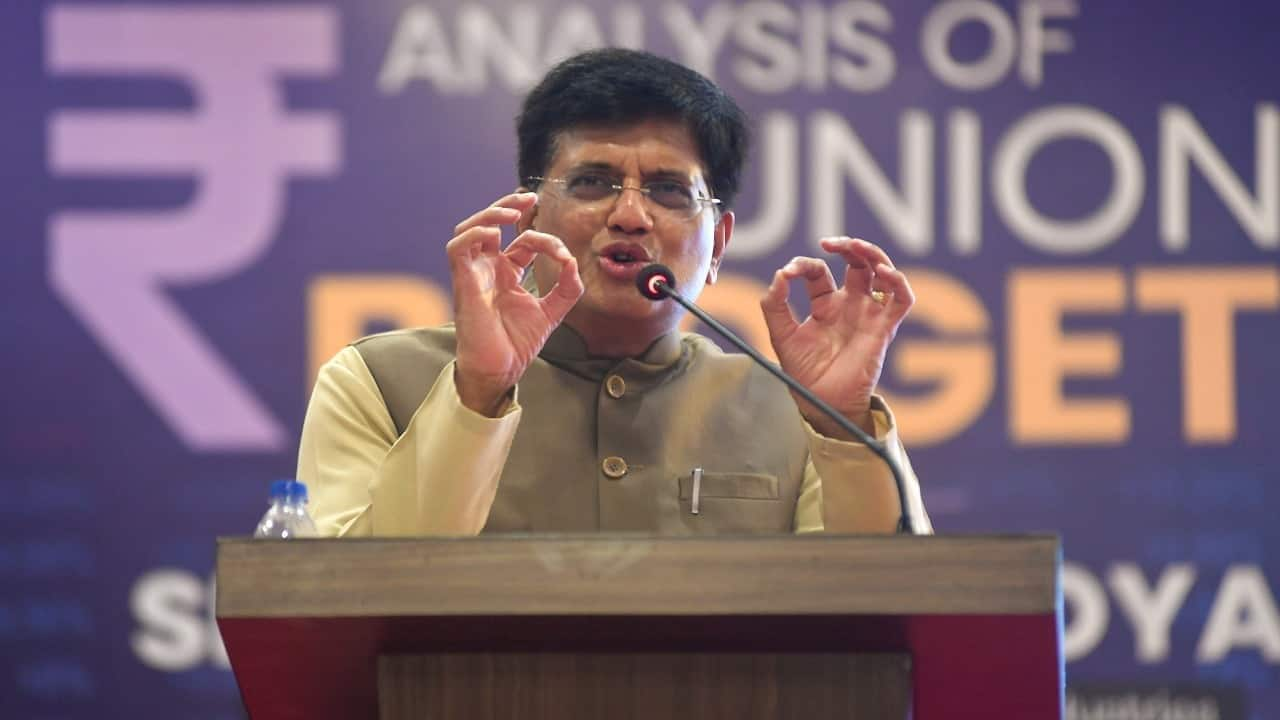
Rapid e-commerce growth could cause 'huge social disruption': Piyush Goyal
What's the story
Union Commerce Minister Piyush Goyal has raised concerns, about the potential societal implications of the rapid expansion of e-commerce companies in India.
Speaking at an event for the report launch on 'Net Impact of E-Commerce on Employment and Consumer Welfare in India,' Goyal questioned whether this growth could lead to 'huge, social disruption.'
He emphasized that while he does not oppose the e-commerce sector, its role needs to be defined more systematically.
Perspective
'Quick expansion no matter of pride'
Goyal said, "I don't see it as matter of pride that half our market may become part of e-commerce network 10 years from now, it is a matter of concern."
He pointed out that the impact of e-commerce is not uniform across all retail sectors, as only a small portion of India's population buys food and grocery items online.
Pricing concerns
Predatory pricing by e-commerce firms criticized
The minister criticized the predatory pricing strategies adopted by some e-commerce companies.
He used Amazon's billion-dollar investment announcement as an example, arguing that such investments are not necessarily beneficial for the Indian economy.
Goyal suggested that these funds are often used to offset losses on their balance sheets, rather than contributing to economic growth.
Market imbalance
Goyal laments decline of small traders
Goyal expressed concern over the dwindling number of small mobile stores, attributing this trend to the dominance of large retailers like Apple.
He emphasized the need to prevent disruptions for India's 100 million small retailers who are also vying for a share in a market that grows by 27% annually.
The minister stressed on striking a balance between technological advancement and ensuring it benefits a larger section of society.
Rise
E-commerce sector's growth
According to HSBC, India's $1.1 trillion retail market recorded less than $80 billion in e-commerce sales last year, with the sector growing at an annual rate of 11%-12%.
Quick commerce start-ups like BlinkIt (owned by Zomato), Swiggy Instamart (backed by SoftBank) and Zepto (backed by Lightspeed) are projected to collectively hit more than $4.5 billion in sales this year.
This suggests a year-on-year growth rate exceeding 100%, according to TechCrunch analysis.